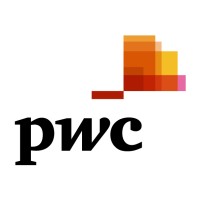DKSH
Wiesenstrasse 8,, Zurich, Zurich, 8034, CH
Last Update: 2025-11-26
About DKSH DKSH’s purpose is to enrich people’s lives. For 160 years, we have been marketing, selling, and distributing high-quality products and brands for multinational and Fortune 500 companies. Through our Business Units Consumer Goods, Healthcare, Performance Materials, and Technology, we deliver sustainable growth for our partners. We contribute to improving the quality of life for our employees and people in the local communities in which we operate. Headquartered in Switzerland, DKSH is publicly listed and operates in 36 markets across Asia Pacific, Europe, and North America. We employ over 28,000 specialists and produced net sales of CHF 11.1 billion in 2024. Why it's great to work with us At DKSH, we are driven by a purpose that goes beyond the ordinary: enriching people's lives. Through the products and services we provide, DKSH positively impacts millions of lives everyday. Join our team where entrepreneurship meets flexible work arrangements. Take the leap and start a journey where you can grow and make a difference! Learn more about working at DKSH: https://bit.ly/dksh-careers View jobs now: https://bit.ly/dksh-jobs *We do not send job offers from free email services (Gmail, Yahoo mail, Hotmail, etc.), request money from candidates, or require personal documents like bank account details, tax forms, or credit card information from candidates before they are hired: https://bit.ly/dksh-recruitment-disclaimer.
NAICS: 54
NAICS Definition: Professional, Scientific, and Technical Services
Employees: 11,768
Subsidiaries: 1







